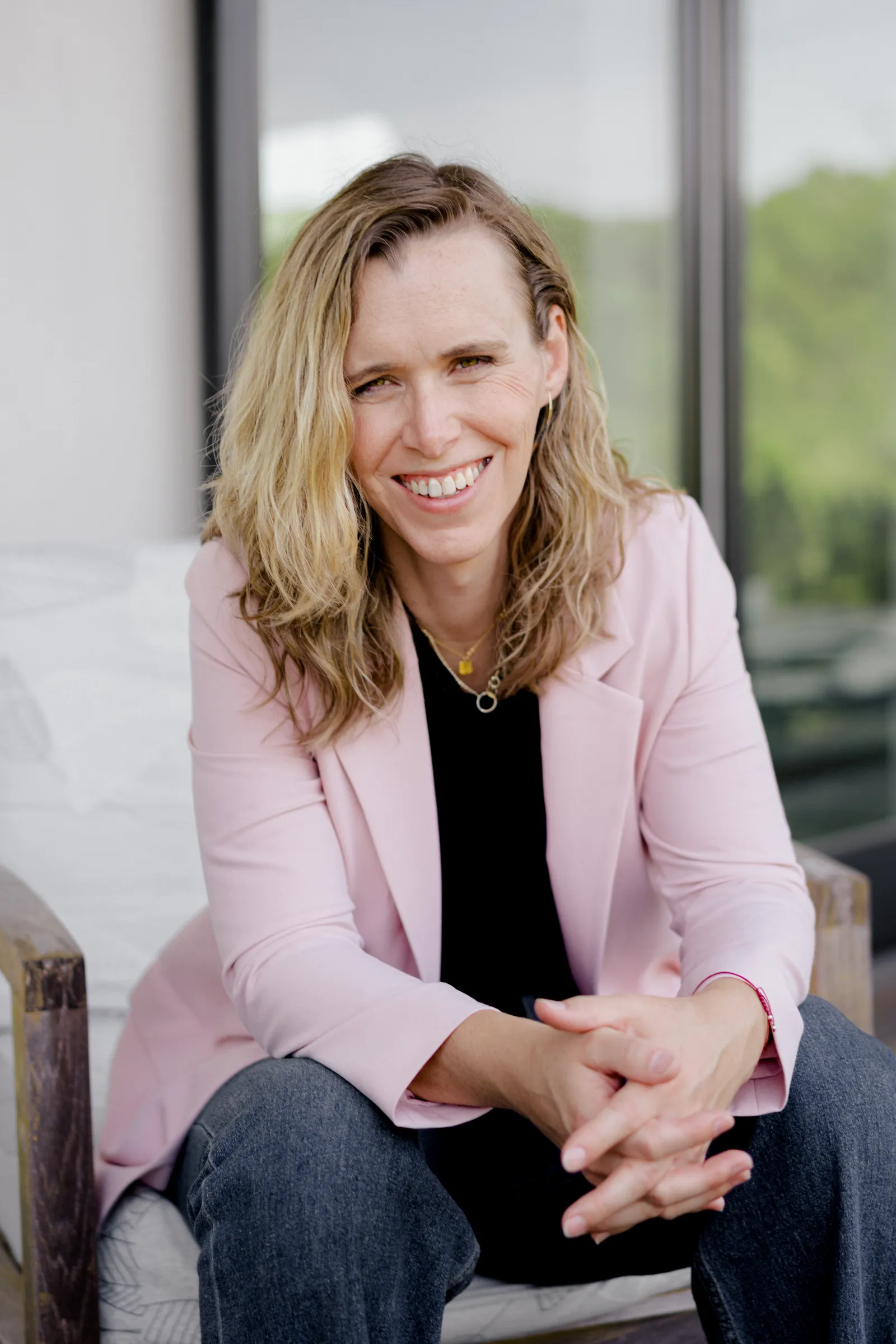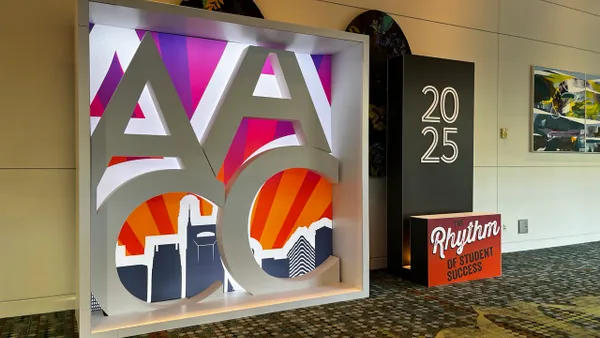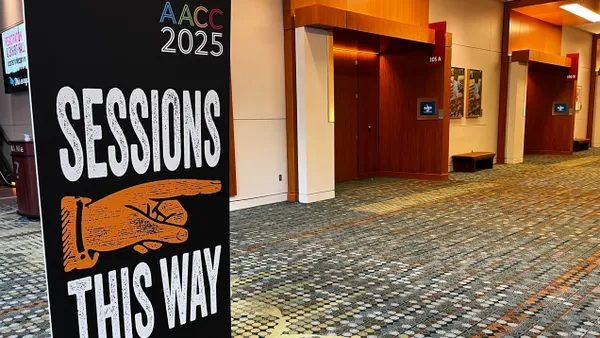Terah Crews is the CEO of ReUp Education, which aims to help adult learners return to college and graduate.

The first half of 2022 was the best time in years to be looking for work.
Jobs were plentiful and companies were hiring. Wages soared (although inflation surged right alongside them). The nation’s unemployment rate hovered at a low not seen in five decades. Most industries recovered all of the jobs lost — and then some — since the start of the COVID-19 pandemic more than two years ago.
But this American recovery shows signs of faltering. Interest rates are rising, the U.S. economy is slowing and a recession might be on the horizon if not already here. The number of job openings across the country is starting to fall. Major tech companies — an economic bellwether for years — have announced layoffs and hiring freezes.
If the U.S. economy contracts over the next year or two, as a majority of experts anticipate, there will be an enormous need for education and training. Workers will want to reskill and retrain for a reshaped world of work. Colleges and universities will have a critical role to play in getting Americans back to work and on a path toward more stable careers.
The 39 million Americans with some college but no credential will be the key to recovery, and colleges and universities must redouble their efforts to get these learners back in school and on a path toward new careers. When the labor market tightens, credentials will be crucial, and these learners are already partway to degrees and certificates that will give them an edge in landing family-sustaining jobs and careers.
But traditional higher education has long struggled to address the needs of adult learners, many of whom had to put a pause on finishing their degrees when life happened. Whether adult learners are returning after five years, 10 years, or decades, they are navigating more than academics. They are juggling academic life with work and family responsibilities.
About 80% of college students work at least part time while enrolled, and one in five students are parents. If higher education is to better serve this growing population — and bolster enrollment in the process — we must start with understanding adult learners to provide the support they need for success.
Address time poverty
Adult learners have little time to devote to their studies. Students caring for preschool-aged children, for example, have just 10 spare hours each day — including time when they should be sleeping. Considering the lack of flexibility most adult learners have with their work hours, it’s easy to see why this population struggles to accommodate a traditional college schedule. Higher education must provide support services, scheduling and course modality to meet adult learners in those fleeting moments they can focus on their education. And it must make sure those services are flexible.
Align with career needs
The majority of working learners are attending college to advance their careers, and many are not looking for the traditional four-year experience.
They need an experience that is not only mapped to industry demands but that provides easy on-ramps and off-ramps — such as stackable credentials — that allow them to gain new skills and quickly put them to use.
Make it human
Navigating higher education can be a scary, daunting and lonely experience, especially when so much of the system is not designed for adult learners. But there are ways to make a difference to this student population: relevant and regular communication that speaks to the adult learner experience, websites that are designed specifically for returning students, and personalized support that considers academics in the context of reaching personal and career goals.
How do I know all this? Not only have I focused my career on supporting adult learners, but I was an adult learner myself.
I dropped out of school at 17 and understand that the road to enrolling in college as an adult, let alone graduating with a degree or credential, is littered with hurdles. After dropping out of high school, my return to the world of education was neither an easy decision nor an easy journey. As more adults consider returning to school to advance their careers, finish what they started or gain new skills, we need to reimagine the higher education experience with adult learners in mind.













